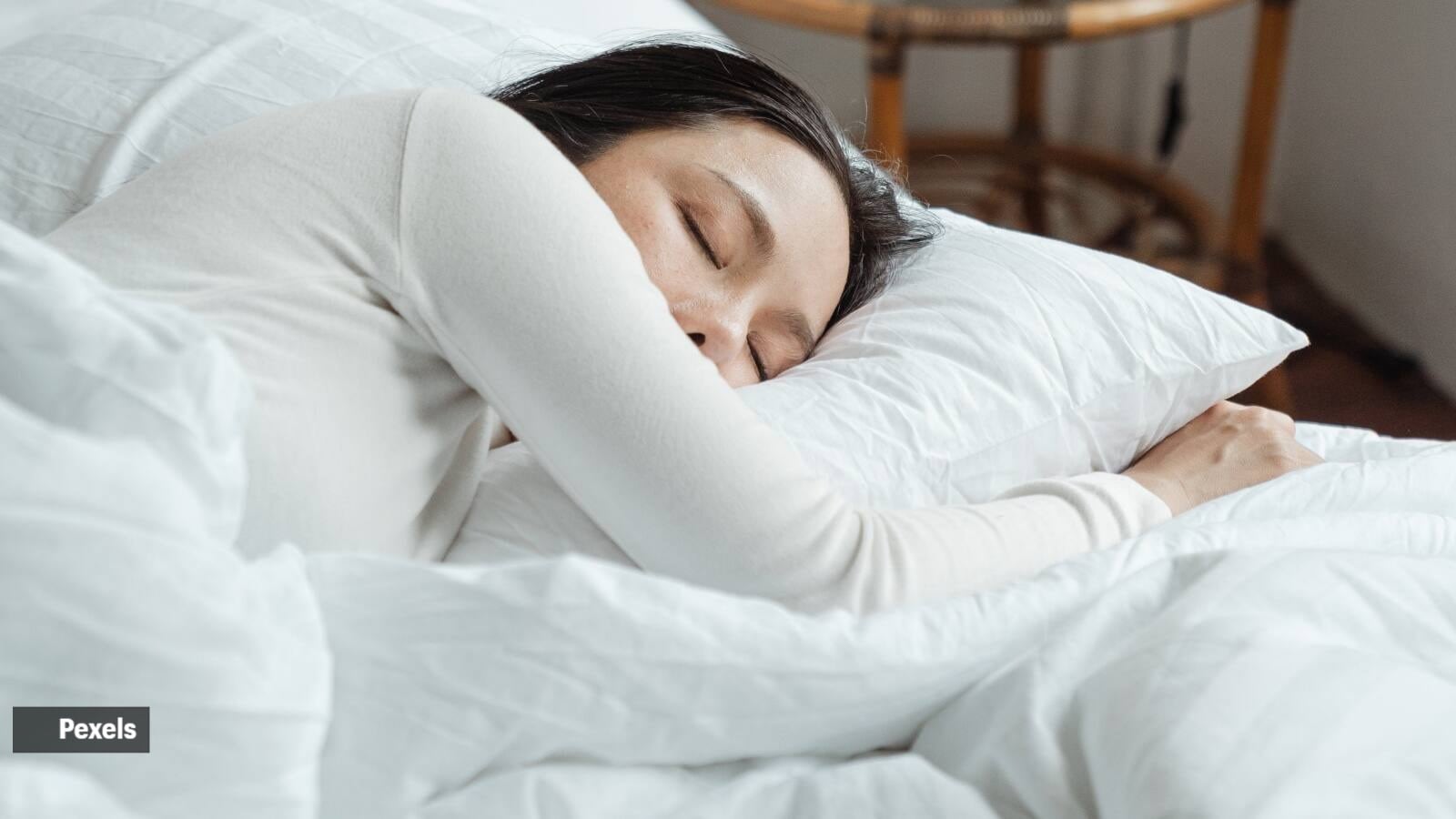An inconsistent sleep schedule, resulting in a lack of healthy and quality sleep, affects stress levels and may even contribute to chronic conditions. As such, when neurologist Dr Siddharth Warrier told Revant Himatsingka, aka Food Pharmer, that some people function better at night, such that being a night owl is fine, we wanted to understand more. According to Dr Warrier, being a night owl is fine if you get 7-8 hours of sleep. Is it so? We turned to experts to verify the claim.
Dr Tapaswi Krishna, sleep medicine expert, Gleneagles Hospital, Lakdi Ka Pul, Hyderabad, said that if someone’s routine allows them to sleep consistently for 7-8 hours without disruption, and they maintain a healthy lifestyle, the impact can be minimised. “The key is to ensure good sleep hygiene — a dark, quiet environment, limited screen time before bed, and a fixed sleep schedule. Doctors recommend adjusting sleep patterns closer to natural daylight cycles for optimal health. But if being a night owl works for an individual without affecting their well-being, it can still be a healthy practice with the right precautions,” said Dr Krishna.
However, Dr Manjusha Agarwal, senior consultant, internal medicine, Gleneagles Hospital, Parel, Mumbai, noted that it is not at all considered ideal for overall health in the long-term. “People need to understand that sleep quality mostly depends on when and not just how long you sleep. Irregular sleeping patterns can negatively disrupt your body’s natural clock, called circadian rhythm, that aligns with the day and night. Sleeping late or at any time can confuse this rhythm, affecting your energy levels and overall health,” said Dr Agarwal.
 Sleep is crucial (Photo: Pexels)
Sleep is crucial (Photo: Pexels)
Sleeping at night allows your body to regulate hormones, including melatonin, which helps support deep sleep. “Night owls, due to inconsistent sleeping schedules, can find it difficult to meet their workplace deadlines, and social life. This can also increase the risk of chronic health issues like declining mental health, obesity, and heart-related issues,” said Dr Agarwal.
The key is to be consistent. Sleeping and waking up at the same time daily can help form a better sleep pattern. “Individuals are advised to sleep at night instead of being night owls. If you cannot sleep at night, making necessary changes like avoiding caffeinated drinks,” said Dr Agarwal.
DISCLAIMER: This article is based on information from the public domain and/or the experts we spoke to. Always consult your health practitioner before starting any routine.



